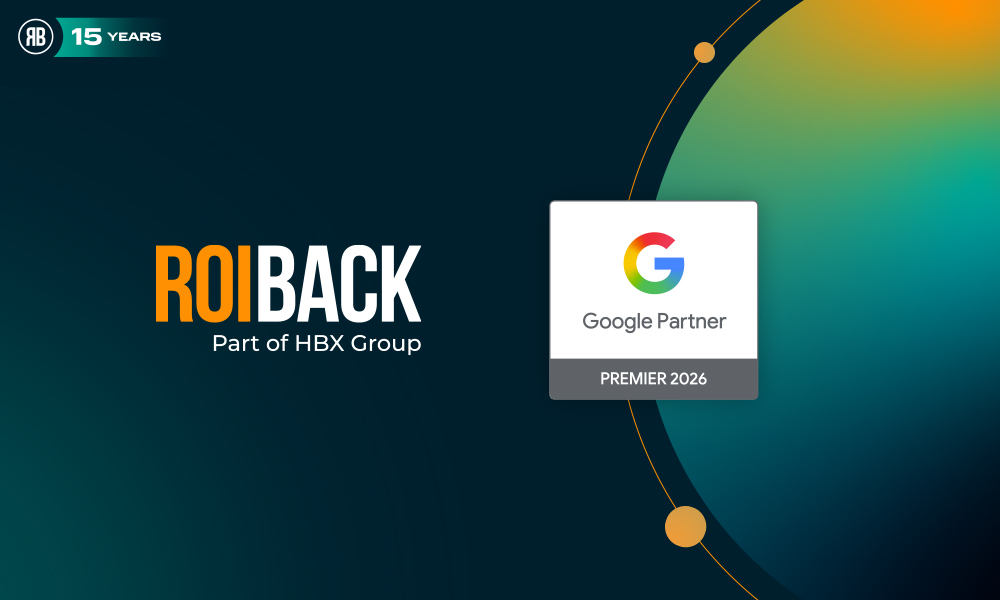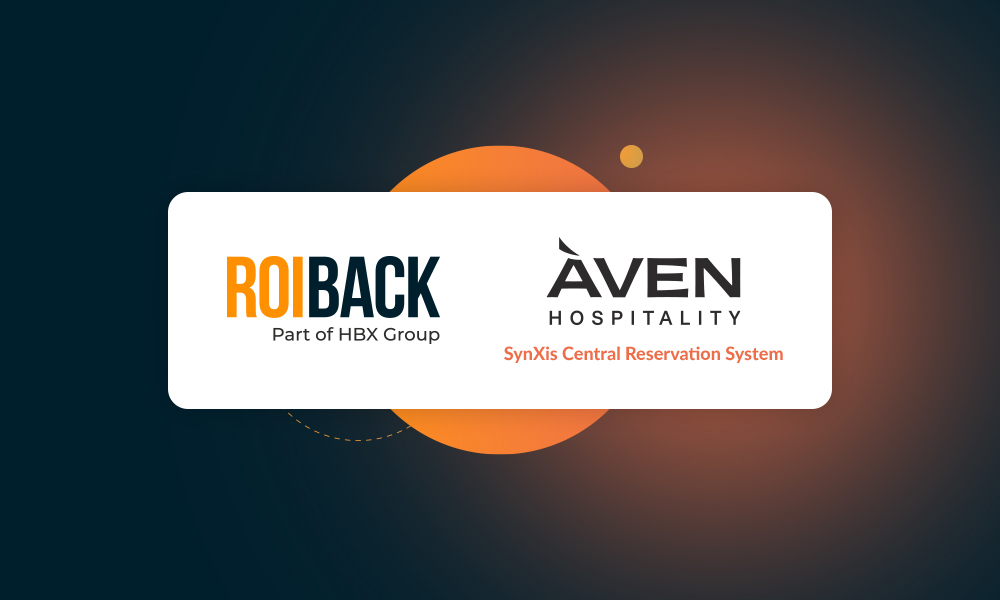‘Last Minute’ Strategies to Maximize Direct Sales on Your Hotel's Website
News
August 19, 2024

In a market as competitive as the hotel industry, where last-minute bookings can make the difference between reaching occupancy goals or not, it is essential to have a robust and well-thought-out strategy. Customers who book impulsively are a key segment that can significantly contribute to your hotel's performance, especially during periods of low demand. Below, we show you how you can implement tactical actions to stimulate Last Minute sales through your direct channel, maximizing occupancy and Revenue per stay.
1. Offer Discounts on Existing Public Rates
One of the easiest and most effective ways to incentivize last-minute bookings is to apply a direct discount to the already available public rates. This not only attracts customers looking for a good deal, but also creates a sense of urgency, especially if available rooms are limited. It is important to emphasize the temporality of the offer to motivate customers to act immediately. You can use tools such as a countdown timer on your website to highlight this urgency. Examples of messages that can increase conversion include: "Today only...", "Flash sale", or terms like "Bargain", which are effective in capturing customer attention and converting visits into bookings.
2. Create an Exclusive Rate for the Last Minute Campaign
Developing a new and exclusive rate specifically designed for the Last Minute campaign is another effective tactic. This rate could include additional benefits such as free breakfast, spa access, parking, or a room upgrade, in addition to an attractive discount. The design of this rate should focus on offering added value that stands out from the competition and at the same time incentivizes conversion. As it is an exclusive offer, it not only increases the attractiveness of the proposal, but also generates a sense of exclusivity and urgency, crucial aspects to convert visitors into bookings. Examples of names for these rates could be "Last Minute Rate" or "Getaway Promo".
3. Discount Strategy by Device, Channel and Market
In an environment where mobile devices are increasingly prevalent, it is essential to segment the discount strategy to maximize its effectiveness. For example, offering additional discounts for bookings made from mobile devices can capture those customers looking for quick deals while on the move. This approach not only improves the conversion rate, but also reinforces your hotel's mobile presence. In addition, adjusting discounts according to the channel (direct on the web, social networks, etc.) and the market (national or international) allows you to personalize the offer according to the customer profile, which is essential to optimize conversion in different segments.
4. Temporarily Close Non-Refundable Rates and Promote Flexible Rates
To maintain a competitive ADR (Average Daily Rate) and avoid excessive devaluation of rates, you can choose to temporarily close non-refundable rates and keep flexible rates open with Last Minute discounts. This approach not only protects the hotel's profitability, but also offers customers a more attractive and secure option, especially for those who prefer to have the option to modify or cancel their reservation if necessary. This change in the rate structure can be especially attractive in times of uncertainty, where travelers value flexibility.
Remember that it is crucial that hotels comply with current regulations, such as PSD2, which directly impacts the management of payments and security in online transactions. Roiback offers solutions such as its payment management platform that guarantee compliance and optimize direct sales.
5. Optimization of the Booking Process
A critical aspect for Last Minute conversion is the ease and speed with which a customer can complete their booking. A complicated booking process or one that requires too many steps can result in lost sales. Make sure that your website's booking engine is optimized for a smooth and frictionless booking process. Implement simplified forms, fast and varied payment options, and ensure that the mobile version of your website is perfectly optimized. The user experience should be a priority to capture the customer at that critical moment of decision.
6. Inventory Management in the Direct Channel
A well-structured inventory management strategy is essential to maximize direct sales, especially in the context of Last Minute offers. By using advanced tools such as Wavyssa RMS (Wavycat), which apply artificial intelligence to optimize prices and manage demand, an effective tactic is to manage inventory availability dynamically according to the hotel's occupancy. For example, when the hotel reaches a certain percentage of occupancy, such as 70% or 80%, you can close the sale of rooms in external distribution channels (such as OTAs) and reserve the last units exclusively for direct sale through the hotel's website.
This strategy not only encourages direct bookings, which are usually more profitable, but also allows you to better control the average daily rate (ADR) and avoid dependence on intermediaries. By channeling last-minute demand to your own website, you can offer slightly lower rates or add exclusive benefits that are attractive to customers, without the need to pay commissions to third parties.
In addition, by limiting availability in other channels, you create a perception of scarcity that can encourage quick action on the part of the customer. The key is to constantly monitor occupancy levels and adjust availability in the different channels to maximize both occupancy and profitability.
7. Effective Communication of the Last Minute Strategy
Implementing a Last Minute strategy is not enough if it is not communicated adequately. To maximize the impact, it is crucial to use various communication channels:
· Newsletter: Segment your database and send personalized newsletters highlighting the offer and providing a direct link to the booking engine with the specific dates of the promotion. Remember to omit customers who already have a confirmed reservation from the mailing list to avoid unnecessary cancellations.
· Website Positioning: Make sure that the offer is well positioned on the hotel's website through pop-ups, banners, or a specific offers section. Visibility is key to capturing the attention of visitors.
· Marketing Campaigns: Integrate the Last Minute offer into the hotel or chain's marketing campaigns, using ads on social networks such as Instagram, TikTok and YouTube, which are sources of inspiration for many travelers, and of course on Google Ads, trivago or Tripadvisor, to direct qualified traffic directly to the booking page. Campaigns should be designed with a focus on urgency and exclusivity.
8. Analytics and Continuous Adjustment
You can't improve what you don't measure. Make sure you use analytics tools to monitor the performance of your Last Minute campaigns. Observe not only conversion rates, but also customer behavior, such as time spent on the page, cart abandonment rates, and the most effective traffic sources. Based on this data, adjust strategies in real time to maximize results. This cycle of measurement and adjustment is essential to optimize the effectiveness of your campaigns.
9. Tailor the Strategy to Your Hotel's Needs
It is vital that each hotel evaluates its specific needs before launching a Last Minute campaign. These campaigns should only be implemented in periods where occupancy does not reach the desired levels. In addition, they should be short-lived to maintain exclusivity and prevent them from becoming the norm, which could affect the perception of the hotel's value. The real strategy lies in identifying the dates when a hotel needs to fill rooms and then acting precisely, implementing the appropriate tactics and communicating them effectively to attract Last Minute customers.
Conclusion
Last Minute sales can be a powerful tool for your hotel if managed correctly. Offering strategic discounts, creating exclusive rates, segmenting by device, channel and market, temporarily closing non-refundable rates, and managing inventory intelligently are just some of the tactics that can help maximize last-minute bookings without sacrificing ADR. However, the key is to effectively communicate these offers and adapt the strategy to the specific needs of each hotel.
By implementing these strategies with precision and agility, your hotel can maximize its direct channel, optimizing occupancy during those critical moments where every booking counts.
Thousands of hotels have already seen a significant increase in their direct bookings by implementing these strategies, as shown in the Roiback success stories. If you need help, do not hesitate to write to us and we will be happy to boost direct sales on your hotel's website through these and other strategies, always guaranteeing the best conversion with the right booking engine for your needs.
Read more

News
Roiback is once again a Google Premier Partner in 2026: what this means for your hotel and why it matters more than ever
By
Roiback

News
Waste in hospitality: from operational control to circular strategy
By
Roiback

News
Roiback obtains SynXis CRS integration certification to strengthen direct channel in large hotel organizations
By
Roiback




